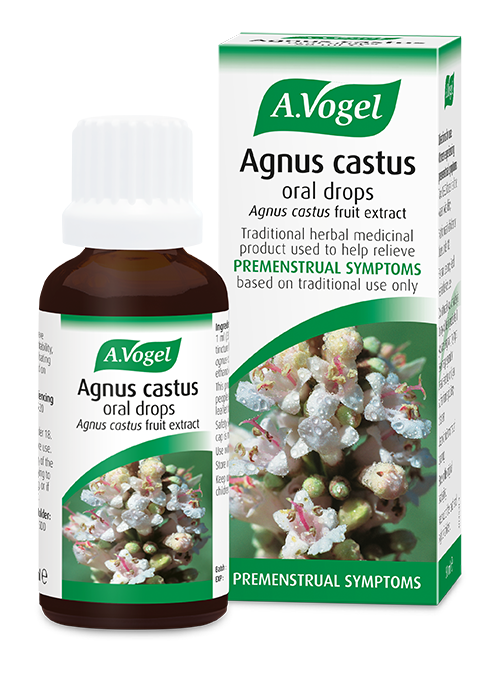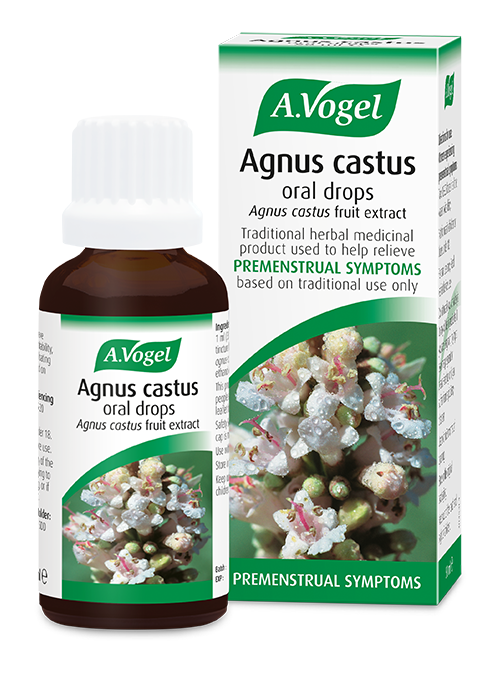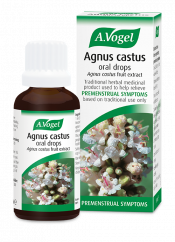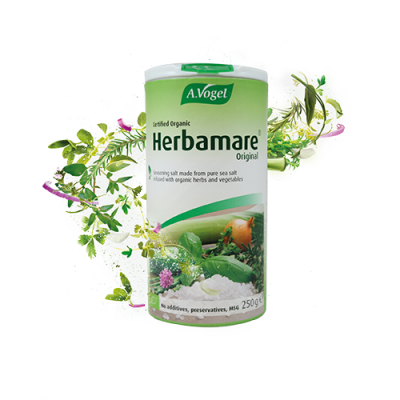How long is PMS supposed to last?
It is estimated that PMS, or Premenstrual syndrome, appears in around 30-40% of menstruating women and can be a very personal experience, influenced by a variety of factors ranging from your age to your dietary habits. There is no set rule that can encapsulate the experience of every woman which can make it difficult to determine what is and is not ‘normal.’
The symptoms of PMS generally start to manifest after you have ovulated. Ovulation usually occurs around two weeks before you get your period, so symptoms generally appear during this time and normally start to fade after bleeding commences.1
However, this is not an absolute guarantee that PMS will only last about fortnight. There are certain circumstances that can develop which might mean that you still find yourself experiencing PMS symptoms after your period has finished or earlier in your cycle than you had anticipated.
1http://www.nhs.uk/conditions/Premenstrual-syndrome/Pages/Introduction.aspx
Why might my PMS symptoms be lasting longer?
On average, your PMS symptoms generally last from ovulation until you start bleeding. This is not a definitive rule though and there can be many different reasons for symptoms staying beyond their welcome. Some women simply experience a longer menstrual cycle compared to others, however there can be a few underlying causal factors that are worth exploring.
- Hormonal Imbalance: Throughout your monthly cycle, your hormones are in a state of flux, shifting and changing to meet the requirements of your body. During the first two weeks of your cycle, your levels of oestrogen are likely to rise steadily until ovulation, after which they start to decrease. Progesterone usually increases sharply during ovulation but will start to decline and your levels of both hormones is likely to be very low just before the start of your period. This sudden drop in oestrogen and progesterone can lower our levels of essential nutrients like magnesium, chromium and zinc, contributing to PMS symptoms like anxiety, mood swings and cravings. However, not all menstrual cycles are the same and sometimes the oestrogen-progesterone ratio can be thrown out of balance. For example, if you have too much oestrogen in your system, it can cause your periods to become heavier, leading to an iron deficiency like anaemia and stimulating symptoms of fatigue and irritability after your period has finished. If you don’t have enough oestrogen or progesterone though, then you are likely to experience a longer period, punctuated by episodes of fatigue and outbreaks of spots that can cause symptoms to linger for longer
- Lack of nutrients: During your menstrual cycle, your levels of vital minerals like magnesium and zinc are likely to fluctuate as the amounts of oestrogen and progesterone rises and fall. When you lack nutrients such as magnesium though, it can instigate many of the common PMS symptoms, like irritability and stress. This is because magnesium works to regulate your blood pressure, relax your muscle contractions and promotes the functions of GABA, the neurotransmitter required to help you switch off at night so you can sleep. If you are already deficient in magnesium, then your PMS symptoms are likely to be a lot more prolonged and exaggerated. Iron also plays another key role in inspiring your PMS symptoms to persist. If you consume a diet that is low in iron and vitamin B12, then it can increase your chances of becoming anaemic, especially during your period when you naturally lose blood. Symptoms like fatigue, mood swings and anxiety are likely to become more prevalent throughout your cycle, often causing you to feel as though your PMS is not diminishing
- Stress: Stress is a psychological condition that can have an overwhelmingly negative impact on most areas of the body. It can also have a powerful influence over your PMS symptoms. This is because experiencing stress can plunge your immune system into a ‘fight or flight’ scenario, causing your pulse to increase so that blood and nutrients can be moved more quickly throughout the body. Your levels of magnesium and other essential nutrients will tend to plummet during this time as the body desperately tried to use up all the useful resources it can find. This need to absorb more minerals and vitamins can have unfortunate repercussions for your sex hormones though, as certain nutrients are essential form the formation of oestrogen and progesterone. If these hormones are not produced, your levels of oestrogen and progesterone are going to decrease significantly, which can worsen symptoms like fatigue and low mood, as well as make your periods last longer, drawing out the unpleasant PMS symptoms
- The Pill: The chances are that if you’ve suffered from PMS consistently and consulted your doctor, you would have been advised to go use an oral contraceptive like the Pill. Oral contraceptives can come in many shapes and sizes but primarily there is the combined Pill – a combination of oestrogen and progesterone hormones that work to prevent ovulation and fertilisation – or the progesterone-only Pill, otherwise known as the mini-pill. The combined Pill must be taken regularly each day for three weeks before you can take a one week break. It is in this break that you will experience a withdrawal bleed similar to a period, but not the same. If you take the progesterone-only Pill you will not need to take this week long gap and your periods will become lighter but more irregular. Each variant of contraceptive works to influence your hormones and can have negative side-effects. You might notice that your mood drops, you feel more irritable, you start getting spots and that your period stops coming altogether. These symptoms are very easy to confuse for PMS symptoms, so you may feel as though you are experiencing PMS continuously throughout your cycle.
- PMDD: PMDD, or Premenstrual Dysphoric Disorder, is a more serious medical condition that occurs when PMS symptoms are persistent and intense enough to directly impact your everyday life. Around 2-10% of women experience PMDD but, due to its similarity to PMS, it is often misdiagnosed2 - please read our blog about PMS and PMDD for more information. Many women assume that they are suffering from PMS, and try to cope with their symptoms instead of taking action; however this can be very dangerous as PMDD symptoms are far more severe than PMS. In PMS, you might experience some irritability and mood swings, but in PMDD, your moods will change drastically from one minute to the next and you can often feel very low and depressed. The symptoms of PMDD, like PMS, often diminish after you start bleeding, however psychological symptoms like stress and sleep deprivation can sometimes linger, giving the impression that you could still be suffering from PMS
2http://www.webmd.com/women/pms/premenstrual-dysphoric-disorder
What can I do to regulate my PMS symptoms?
If you feel as though your PMS symptoms are becoming too prolonged or persistent then you should speak to your doctor, as you might be suffering from a medical condition like PMDD. However, there are still a number of supportive steps you can take for yourself to reduce your PMS symptoms and hopefully make them less protracted.
- Relax: Experiencing PMS can be a stressful time – trying to cope with a barrage of uncomfortable and painful physical and psychological symptoms can be overwhelming in addition to managing the everyday challenges that life can throw your way. Having a stress-free period might seem as impossible and unobtainable as the Always slogan ‘Have a happy period!’ however it is important that you try to take measures towards lowering your feelings of anxiety and apprehension. Something as simple as making time for yourself to enjoy a hot bath or a good book can do wonders for your stress-levels. You could also try gentle exercises, like yoga or meditation to help you calm down when you feel yourself starting to panic. These are small steps but they can have a big impact when it comes to easing some of your PMS symptoms and regulating their consistency
- Eat healthily: Your diet will always play a crucial role when it comes towards PMS. During PMS, it can be difficult to resist intense cravings as you always seem to want what you shouldn’t have. However, small changes in your diet can help to prevent certain nutritional deficiencies and enable your body to reduce the production of certain hormones, which can be useful if you find that your symptoms are being caused by excessive amounts of oestrogen. Try to include more magnesium rich foods in your diet, like pumpkin seeds or certain fruits like bananas and figs, which can also be very beneficial for your digestion. If you are worried about anaemia then make an effort to include more fish and green leafy vegetables in your diet as this can increase your levels of iron and vitamin B12. It might also be worthwhile taking steps to reduce your production of oestrogen by lowering your intake of refined sugars and dairy products while increasing your consumption of fruit, vegetables and soy foods
- Try supplements: If you feel as though you are already not getting enough of a certain nutrient in your diet, it might be worth considering taking vitamin supplements to boost your intake. Taking a magnesium supplement may help with symptoms like stress and sleep deprivation while zinc and chromium can assist your moods and cravings respectively. It’s important to remember to try and find these nutrients in your diet as well – supplements should only ever play a supporting role. Please check out Your Health Food Store for an extensive range of vitamin and mineral supplements
- Use natural remedies: If you feel as though your PMS symptoms are becoming increasingly persistent but you don’t want to try conventional medicines like the oral contraceptive pill, then herbal remedies might a beneficial alternative. Our PMS solution, Agnus castus, works to improve the symptoms of PMS and to regulate hormonal imbalances. It stimulates the production of progesterone, balancing out the oestrogen-progesterone ratio if you suffer from high levels of oestrogen during PMS. However, it is important to note that Agnus castus cannot be taken by those who are already on contraceptives like the Pill. It may also be beneficial to consider the psychological symptoms of PMS as well. Dormeasan is our herbal sleep remedy that works to restore a natural sleep pattern and will not leave you feeling groggy the next day like most conventional sleeping pills. Avena sativa might also be worth looking into as it works as a mild stress solution, calming the sympathetic nervous system – the part of the autonomic system responsible for inducing your ‘fight or flight’ instincts – and soothing feelings of anxiety and apprehension.
My PMS Journal
Keep track of your symptoms with our PMS Diary to identify patterns & help discover ways to minimise them.










